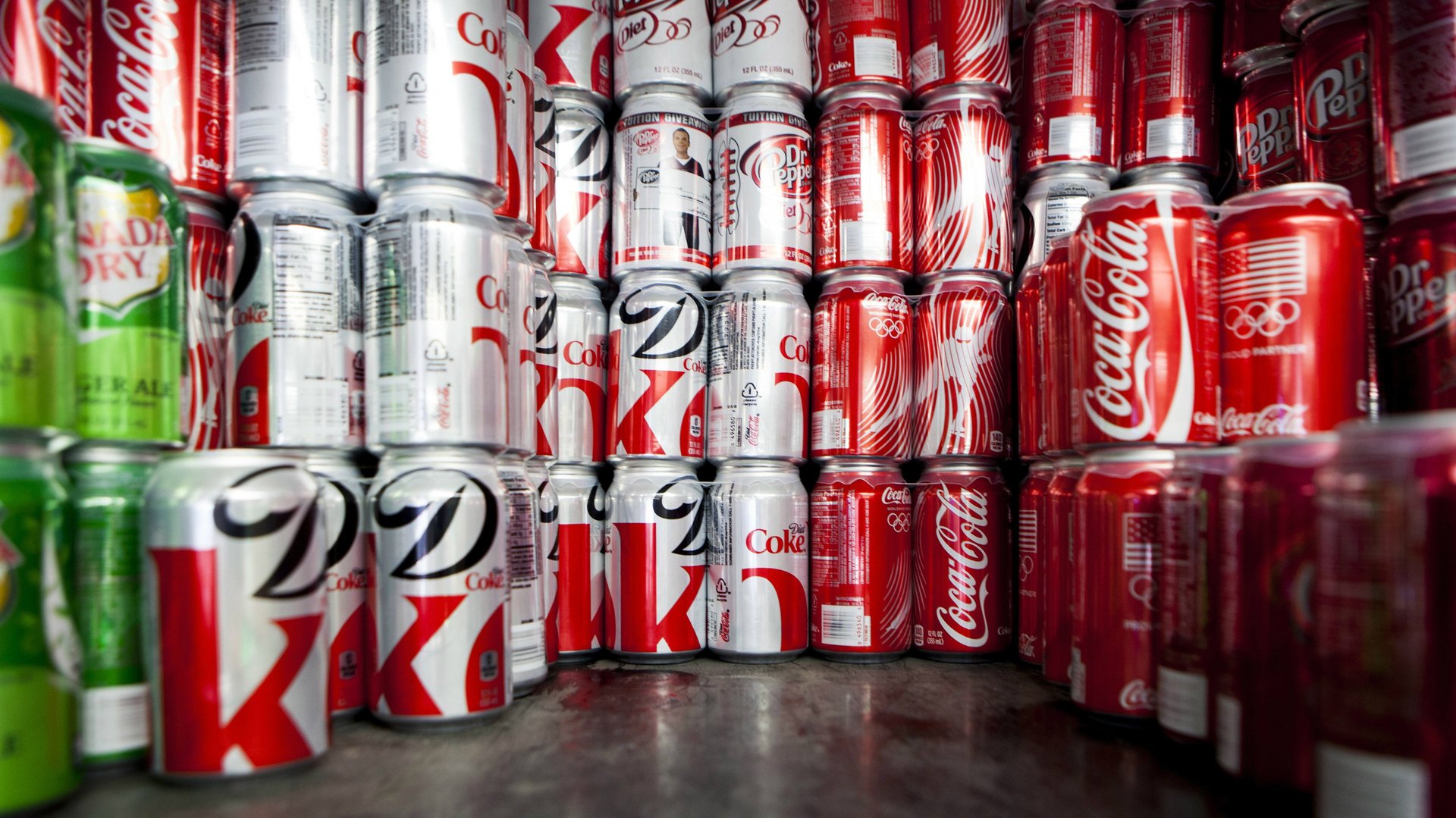Philadelphia just passed a landmark soda tax
The fifth-largest city in the US today (June 16) passed a landmark soda tax proposal that will levy 1.5 cents per liquid ounce on distributors.


The fifth-largest city in the US today (June 16) passed a landmark soda tax proposal that will levy 1.5 cents per liquid ounce on distributors.
Philadelphia’s new measure was approved by a 13-4 city council vote, and sets a new bar for similar initiatives across the country. It is proof that taxes on sugary drinks can win substantial support outside super-liberal enclaves. Until now, the only city to successfully pass and implement a soda tax was Berkeley, California (1 cent per ounce) in 2014.
The tax will apply to regular and diet sodas, as well as other drinks with added sugar, such as Gatorade, lemonades and iced teas. It’s expected to raise $410 million over the next five years, most of which will go toward funding a universal pre-kindergarten program for the city, as well as toward parks and libraries.
While the city council vote was met with applause inside council chambers, opponents to the measure, including the soda lobby, issued sharp rebukes and a promise to challenge the tax in court.
“The tax passed today is a regressive tax that unfairly singles out beverages—including low- and no-calorie choices,” said Lauren Kane, spokeswoman for the American Beverage Association (ABA). “But most importantly, it is against the law. So we will side with the majority of the people of Philadelphia who oppose this tax and take legal action to stop it.”
An industry-backed anti-tax campaign has spent at least $4 million on ads that trashed the measure, characterizing it as a “grocery tax.”
Public health groups applauded the approved tax as a step toward fixing certain chronic health issues that plague Americans. ”The move to recapture a sliver of profits from an industry that pushes a product that contributes to diabetes, obesity and heart disease in poorer communities in order to reinvest in those communities is sure be inspirational to many other places,” said Jim Krieger, executive director of Healthy Food America. “Indeed, we are already hearing from some of them. It’s not ‘just Berkeley’ anymore.”
Similar measures in Albany, California, Oakland, San Francisco and Boulder, Colorado are becoming hot-button issues—and health advocacy groups have hinted that even more might be coming down the pike.